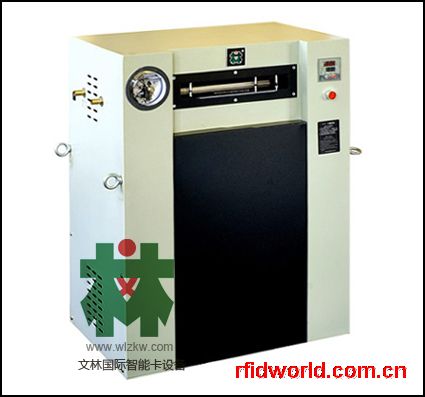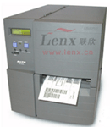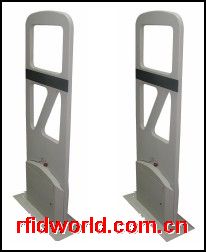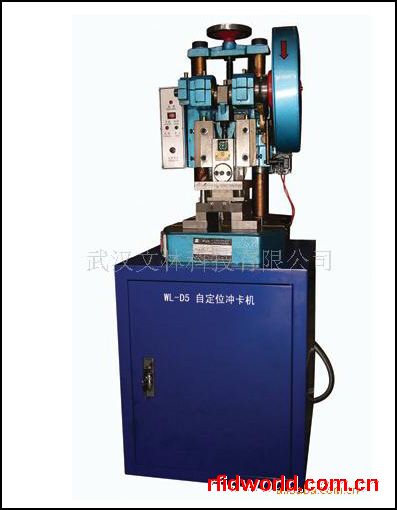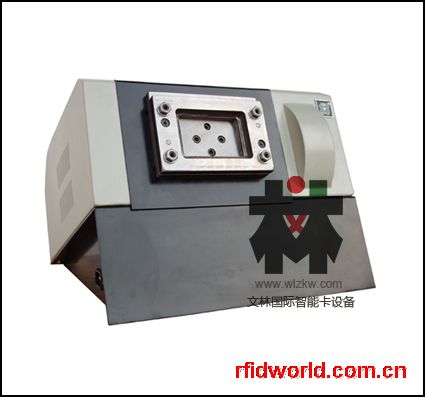FDA-approved RFID technology eases E.R. visits, reduces wrong-site surgery
Can RFID save a dying patient, who can’t express herself to doctors?
If you’re scratching your head, consider this scenario: A woman with diabetes skips her insulin, and lands in the hospital with a case of hyperglycemia that rendered her unconscious. Without intervention, her condition may worsen into a state called “ketoacidosis” – a life-threatening illness. But let’s say she’s tagged with RFID and the hospital’s medical staff is equipped with a reader that can pick up her medical history in one wave.
Her diabetes would be detected immediately, and she’d get the right treatment right away that would decrease her emergency room stay.
That’s just one scenario made possible by RFID. Over the last year, more than one dozen new RFID products are entering the market with the purpose of improving patient safety. In turn, they’re also making health insurers and health inspectors happy.
“They will not be able to treat her until they are able to diagnose what is happening to her,” says Scott Silverman, CEO of applied digital for Del Ray Beach, Fla.-based VeriChip, one of the companies whose FDA approval for RFID-based VeriMed medical products has earned them kudos and clients. “With VeriChip they know what to treat her for.”
VeriChip’s VeriMed Patient Identification product received FDA approval as a Class II Medical Device one year ago. VeriMed is a tiny RFID implant chip about the size of a rice grain that is injected in a person’s tricep area. The chip contains a unique identification number that serves as a pointer to relevant medical information held in an external database. If the patient is unconscious but implanted with such a device, a medical worker only has to wave the reader over their arm to get clues to their condition, Silverman says.
The scanners (readers) used by hospitals cost $300, while the chip and injector kits cost about $200 a piece. Although at least 60 hospitals have signed up for the technology, so far only two facilities are up and running, with complete systems in place. The company is also in talks with the government and private insurers in an effort to provide patient coverage for the product that Mr. Silverman calls ideal for patients with chronic illnesses.
RFID reduces errors in surgical procedures
In addition to preventing patient catastrophes in the emergency setting, RFID is making headways in health’s elective settings.
According to Todd Stewart, vice president of business development for AMTSystems, a medical software company, RFID is superior to its predecessor – barcode technology. The company just released its very first RFID verification product for hospital use. The Surgichip recently received FDA approval following a 10-month beta test. During that trial more than 100 procedures were done “and not a single error” occurred. Surgichip takes only a half an hour’s training to use, and can help prevent wrong-site surgery.
Surgichip, created by an orthopedic surgeon who saw a need for multiple safety checks prior to starting surgical procedures, is being used by one hospital and pilot-tested by two other health facilities.
It works as a “three-step verification system,” Stewart says. When the patient arranges for the elective surgical procedure, his or her information is entered into a database, and forwarded electronically to Surgichip. When the patient comes back in for the surgery, the medical staff reviews the information that resides on the tag (and throughout the system), and reads it out loud to the patient. Then, the patient confirms it is correct.
Once this information is verified to be correct, the chip is placed on the incision’s site. The site is marked by a medical marker before the patient is wheeled into the operating room. The surgeon uses an RFID reader, during a ‘timeout’ session before the knife hits the skin, to triple-check that the right patient is undergoing the operation.
The information is encoded in a tiny chip placed on the patient. Thus, “your surgical site is talking to you” up to the moment the surgery begins, Stewart says. As with most medical RFID products, Surgichip uses 13.56 mHz technology.
In addition to preventing wrong-site surgeries, Surgichip also keeps health inspectors happy. The technology helps hospitals comply with regulations set by the Joint Commission on Accreditation of Healthcare Organizations, the most widely-used independent organization that audits hospitals. As of July 1, 2004, all JCAHO-accredited hospitals must comply with its “Universal Protocol For Preventing Wrong Site, Wrong Procedure, Wrong Person Surgery.” The protocol calls for hospitals to put systems in place to ensure patients are identified correctly from the time they arrive to the moment they are cut open.
Products like those offered by AMTSystems and VeriChip are just the beginning of hospital-based RFID, says Silverman, adding that more innovative technology is badly needed for the health care environment. “It’s archaic,” says Silverman, “what goes on today in emergency rooms.”
Perhaps RFID and contactless identification technology will change this situation making the hospital a safer place for all of us.
original Link: http://www.cr80news.com/library/2005/11/22/fdaapproved-rfid-technology-eases-er-visits-reduces-wrongsite-surgery/







 登录
登录
 注册
注册

